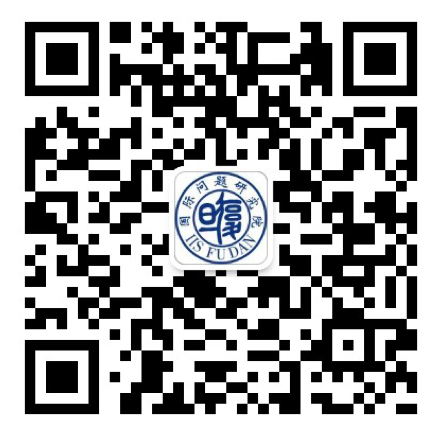(来源:《中国日报》(China Daily),2023年1月14日)
We hope someday when we go to California, the Californian government can treat us the way the Shanghai government did to Tesla, said Freeman Shen, founder and CEO of WM Motor, a top 10 electric vehicle maker in China.
EV manufacturing has been one of the major fields of competition in China-US relations. The US has accused China of subsidizing the EV industry and giving Chinese companies an unfair advantage in competing with US companies.
The real issue is structural problems in the way that China subsidizes its industries, said Daniel Russel, former US assistant secretary of state for East Asian and Pacific Affairs.
When WM Motor was founded in 2015, the company received debt investment and low-interest loans worth 3 billion yuan ($438 million) from the local government. But US companies like Tesla received much more support from the government than we did, said Shen. He pointed out Tesla has also received billions of dollars from the US Department of Energy and that the US accusations were groundless.
In 2018, US president Donald Trump launched a trade war on China, imposing billions of dollars in tariffs on Chinese products to counter the economic threat. Three years into the Biden presidency, the tariffs have yet to be lifted, which many economists from both sides are calling for.
But experts believe the tariffs are not only harmful to the global economy, but have led the US away from free trade and toward protectionism.
The US is no longer a free trade country. The launching of a trade war with China by president Trump, the putting on of the China tariffs, the fact that president Biden has left those tariffs in place, the fact that we pulled out of the Trans-Pacific Partnership, said Stapleton Roy, former US ambassador to China.
China's growing presence in the high-tech field has become a priority concern for US policy makers. In August, the US passed the CHIPS and Science Act, which gives $52 billion for US companies over 5 years to grow their semiconductor manufacturing. In October, the US imposed sweeping restrictions on China to cripple its semiconductor industry. From the US Capitol to the White House, it's clear that these acts are meant to suppress China's technological development.
The Biden administration has launched so-called smart competition with China and has shifted its focus onto technology.
They believe that technology will determine whether the US can maintain the military and economic advantage, vis a vis China, said Wu Xinbo, dean of the Institute of International Studies at Fudan University.
With the growing tensions, experts have called for proper management of the crisis between the US and China.
There is a real urgency for the US and China working to heal their bilateral relations overall, and to ensure that the competition between us which is inevitable, is the kind of constructive competition that makes both sides better, better competitors, and not the destructive rivalry in which each side is seeking to harm and undermine the other, said Russel.






